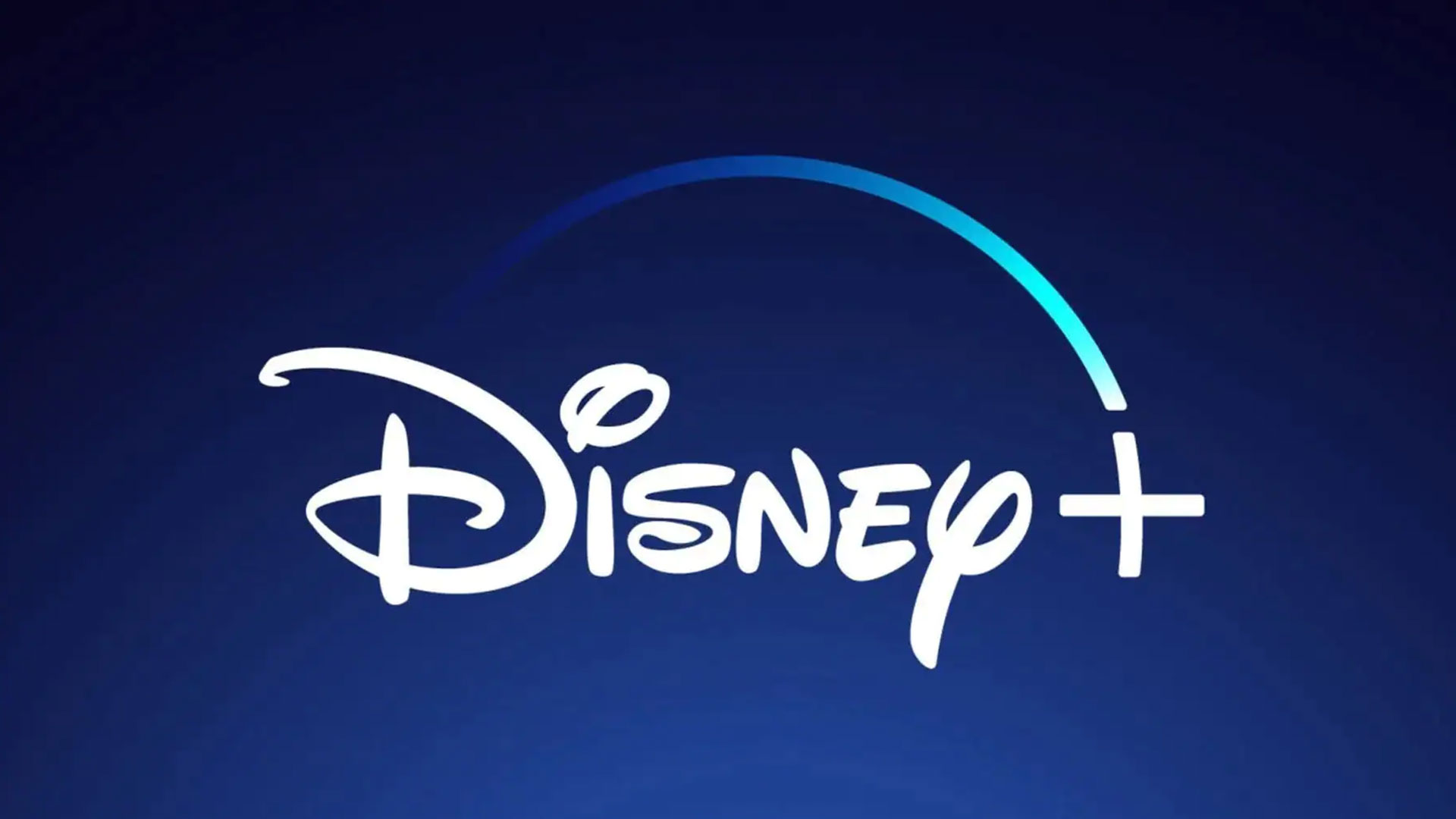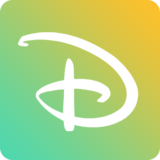Disney Irish
Premium Member
I agree, I have a feeling they'll revisit this series in the future.Dang that would have been awesome! I can see Disney maybe making this into a movie series down the road.
I agree, I have a feeling they'll revisit this series in the future.Dang that would have been awesome! I can see Disney maybe making this into a movie series down the road.
I agree every upcoming movie cant just be Pixar, Marvel, Lucasfilm and Fox. It should be something new like this. I guarantee it would be a massive hit.I agree, I have a feeling they'll revisit this series in the future.
In just over 5 months Disney Plus has now signed up over 50 million customers. I guess all those who insisted that Disney Plus would take years to reach profitability will now admit they were wrong. Disney Plus will infect reach profitability before the end of June.

Here is the article from Variety regarding this.

Disney Plus Hits 50 Million Subscribers
Within five months of initial launch, Disney Plus has signed up 50 million paid subscribers worldwide, the media company said.variety.com
They initially hoped to hit 60-90 million subs by 2024. Incredible.

 thewaltdisneycompany.com
thewaltdisneycompany.com
A global pandemic probably wasn’t in their initial forecasting.Here is the article from Variety regarding this.

Disney Plus Hits 50 Million Subscribers
Within five months of initial launch, Disney Plus has signed up 50 million paid subscribers worldwide, the media company said.variety.com
They initially hoped to hit 60-90 million subs by 2024. Incredible.
A global pandemic probably wasn’t in their initial forecasting.
I think that’s exactly what I was getting at as well. The advantage is - do they want an entity that is bigger than Netflix?
Right now Disney is on the line for two entirely separate content streams. Dividing their content between two separate services.
A unified service, but with very separate brands, would really give them a content stream to be as valuable as Netflix. Rocky Horror and Handmaids Tale should always remain ‘Hulu’ branded. I’m also not advocating for them to become Disney+
If would be the Disney+ Hulu app.
Right. And? How is that any different from a movie studio (or record producer) having different labels for different content? It doesn't always make sense to have one big umbrella for different content that isn't related.
What a horrible analogy. They are completely different things. Are you a parent?Again, I'm not arguing to merge at the studio or brand level. Direct to consumer and streaming services are more akin to Content Delivery/Distribution in the Classic Model.
Put another way - it is akin to Disney owning two separate theatre chains, one only shows Family Friendly content and one only Shows "Other" content.
A single location is totally capable of playing different content for different audiences and sorting them appropriately. Watching Moana in Theatre One does not Dilute the Disney brand because AMC is showing Die Hard in Theatre 3. Or that Sunrise Records cannot host two separate music genres from different records labels.
I'm not sure why a technology platform could not work in a similar fashion. There is a lot of waste for them to be entirely separate entities.
What a horrible analogy. They are completely different things. Are you a parent?
I'm a Pediatrician.
Why is it a horrible analogy? That's literally what a streaming platform replaces. Brick and mortar stores, theatres and even electronic platforms like iTunes.
I still don't think people understand what I'm saying - I'm not talking about putting a Moana rectangle beside the Die Hard Rectangle. So that the preview starts playing for your child. Really instead of downloading two apps, I'm talking about one. They can still maintain their separate interfaces for branding purposes. You don't scroll down and find DieHard. You purposefully move over to the Hulu Portion. Even with its own separate subscription for the moment.
All it communicates to consumers is added value from a singulair product. The act of downloading an app is a bottle neck to consumers subscribing to both products.
Here's another analogy: Blockbuster Video was capable of hosting separate sections of its stores for kids content and adult content. There are very easy ways to block children into the right components (or simply not subscribe to the Hulu portion at all if that doesn't suit your families media preferences).
Now this would be a complete waste. This isn't 1950 anymore, one can have family friendly and non-family friendly under one roof.I think by having this back and forth from everyone here, the takeaway I'm sensing is that Hulu, FX and Searchlight do not belong under the Disney umbrella. If no one wants them cross pollinating or even acknowledged in the same breath as related, Disney would be better of just selling that entire arm.
The company under Iger has very diligently showed the power of synergy (dirty word). If these products aren't allowed in, they should spin off a second company entirely.
Now this would be a complete waste. This isn't 1950 anymore, one can have family friendly and non-family friendly under one roof.
I'm a Pediatrician.
Why is it a horrible analogy? That's literally what a streaming platform replaces. Brick and mortar stores, theatres and even electronic platforms like iTunes.
I still don't think people understand what I'm saying - I'm not talking about putting a Moana rectangle beside the Die Hard Rectangle. So that the preview starts playing for your child. Really instead of downloading two apps, I'm talking about one. They can still maintain their separate interfaces for branding purposes. You don't scroll down and find DieHard. You purposefully move over to the Hulu Portion. Even with its own separate subscription for the moment.
All it communicates to consumers is added value from a singulair product. The act of downloading an app is a bottle neck to consumers subscribing to both products.
Here's another analogy: Blockbuster Video was capable of hosting separate sections of its stores for kids content and adult content. There are very easy ways to block children into the right components (or simply not subscribe to the Hulu portion at all if that doesn't suit your families media preferences).
I think by having this back and forth from everyone here, the takeaway I'm sensing is that Hulu, FX and Searchlight do not belong under the Disney umbrella.
If no one wants them cross pollinating or even acknowledged in the same breath as related, Disney would be better of just selling that entire arm.
The company under Iger has very diligently showed the power of synergy (dirty word). If these products aren't allowed in, they should spin off a second company entirely.
I'd like this, but my reaction options were taken away from me because some people deserved the responses they received.What a horrible analogy. They are completely different things. Are you a parent?
I'm with you on preference. Do I particularly care if A Bug's Life and The Human Centipede are listed next to each other to combine the two apps into one? No. I'll watch one and skip the other (have fun predicting which is which), but I have both services and no kids, so it's a moot point for my personal viewing.@Tony Perkis - Well reasoned and rationale. Essentially Disney+ IS the only branded platform. I do see and accept the power in that. Even if I personally am not opposed to more branded mixing. They really are the only platform currently that is adhering to a more strict definition and I think that will and is serving them well.
The Facebook messenger like redirect was pretty much the majority of what I was arguing for. But it's helpful to point out those limitations as well.
Register on WDWMAGIC. This sidebar will go away, and you'll see fewer ads.
